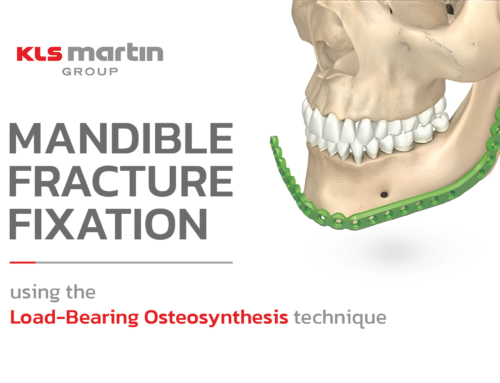
How can we identify the risk of Alzheimer’s earlier?
The researchers hope that their results will help to identify those at risk of Alzheimer’s diseaselong before symptoms emerge, and thereby further efforts to better treat or slow its progression.
A polygenic risk score can assess the genetic liability for a specific disease by studying the genomes of large numbers of people that have the disease. It takes into account the effects of many small variations in DNA that are linked to the disease.
The international study, which is published in the journal Molecular Psychiatry, is the first to use an Alzheimer’s disease polygenic risk score to identify mild cognitive impairment (MCI) — which often precedes Alzheimer’s — in a younger population of adults.
“Current studies of the [Alzheimer’s disease] polygenic risk score,” says senior study author William S. Kremen, who is a professor of psychiatry in the School of Medicine at the University of California, San Diego, “typically occur in adults in their 70s, but the [Alzheimer’s disease] pathological process begins decades before the onset of dementia.”




